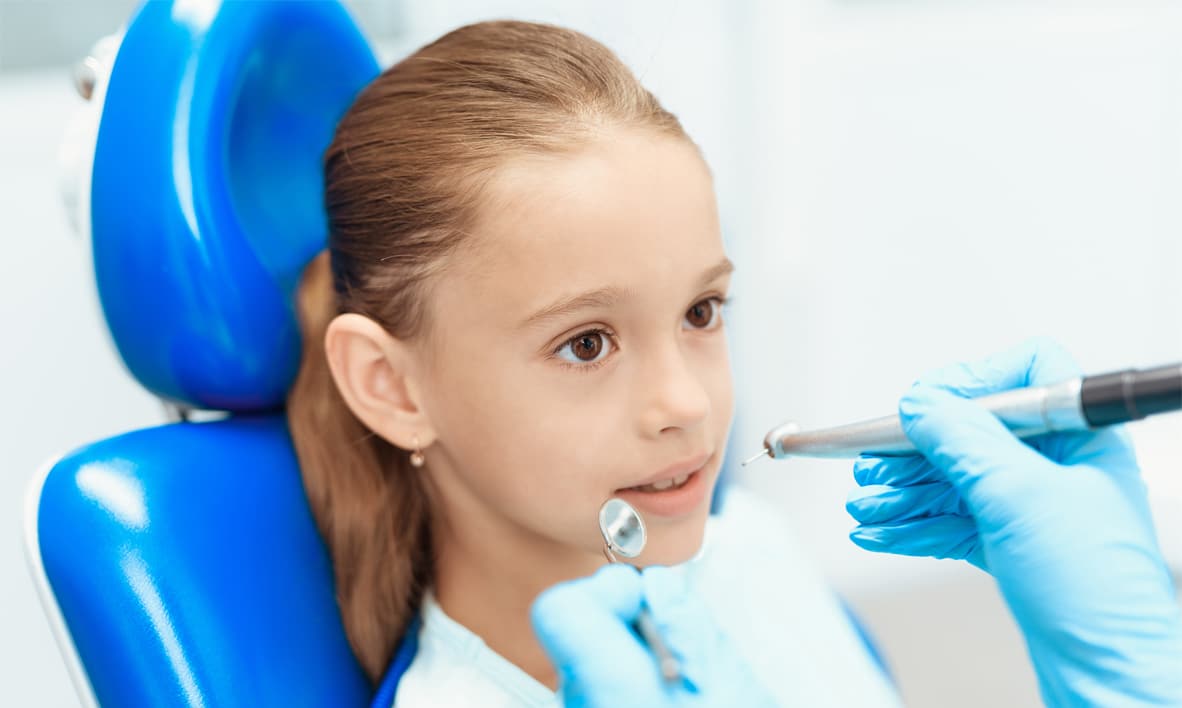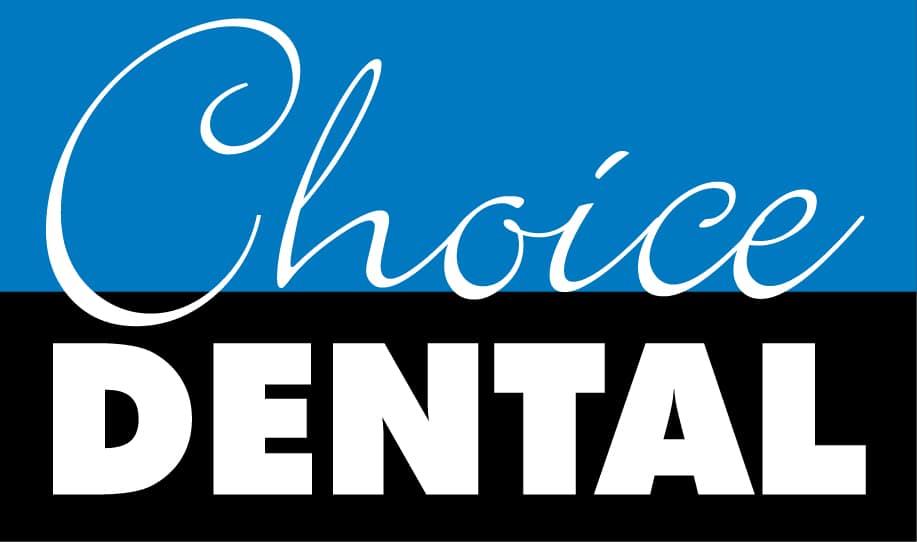Good oral care & hygiene habits and good nutrition are essential for the health, growth and development of your child’s teeth between the ages of 3 and 12. These factors also contribute to better oral health outcomes in your child’s adult life.
If your child’s teeth, gums and jaw don’t grow and develop as nature intended, your child may experience oral complications and poorer oral health outcomes later in life. So it’s important to ensure that you teach them healthy oral habits, and support their oral development at this stage of their life.
The following steps can help put your child on the right track towards normal teeth development:
-
-
Keep baby teeth clean and hygienic to prevent early tooth loss
If a child keeps their baby teeth clean and hygienic, then they can prevent plaque, tooth decay and cavities, which can lead to early loss of baby teeth.
-
Besides chewing food, baby teeth act as “placeholders” for permanent (or adult) teeth during oral development. If one is lost too early as a result of tooth decay, the surrounding teeth can move forward or grow into the gap before the permanent tooth has a chance to emerge. When this happens, there is less space for tooth growth, which may result in a crooked tooth, overcrowding, and/or the need for orthodontic treatment, such as braces.
Always provide low-fluoride strength toothpaste for younger children, and replace their toothbrush every 3 months.
-
Teach healthy oral health habits and behaviour
Promote good oral health to your child by encouraging meal time conversations about food and the links to oral health (e.g. how sweetened drinks can harm teeth). Discourage thumb and finger sucking which can push emerging teeth out of position.
Most importantly, supervise their tooth brushing until they are 8 years old or until they are skilled and motivated enough to do so on their own. Don’t forget to join in, and make it both a fun and thorough twice-daily family routine!
-
Provide tooth-friendly nutrition for growing teeth
Feed your child a healthy diet that provides all the vital vitamins, minerals and other nutrients that a growing child’s body needs. Children need to grow strong, healthy teeth that can last a lifetime, as well as well-developed dental arches that can easily accommodate all 32 of them. An underdeveloped jaw may be at risk of oral complications, such as impacted wisdom teeth and over-crowding.
Always have healthy snacks on hand, and discourage regular consumption of soft, processed, sweetened foods, as well as sweetened drinks. Children that chew a lot of fruit, vegetables, meat and nuts develop stronger jawlines, and can avoid underdeveloped dental arches.
-
Regular dental checkups from an early age
Regular preventative checkups (every 6 or 12 months) are important so that a dentist can treat plaque and other oral problems at an early stage – before they get worse. Early intervention can help prevent oral complications and further treatment. Your dentist can apply dental sealants for added protection. Additionally, children can learn great tips about how to keep their teeth clean and healthy from dentists.
With regular visits, children also become more familiar with a dental environment, and develop a more positive attitude towards visiting













